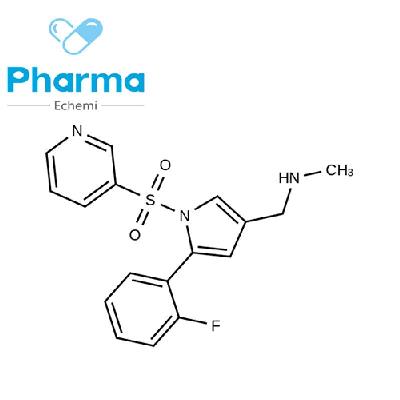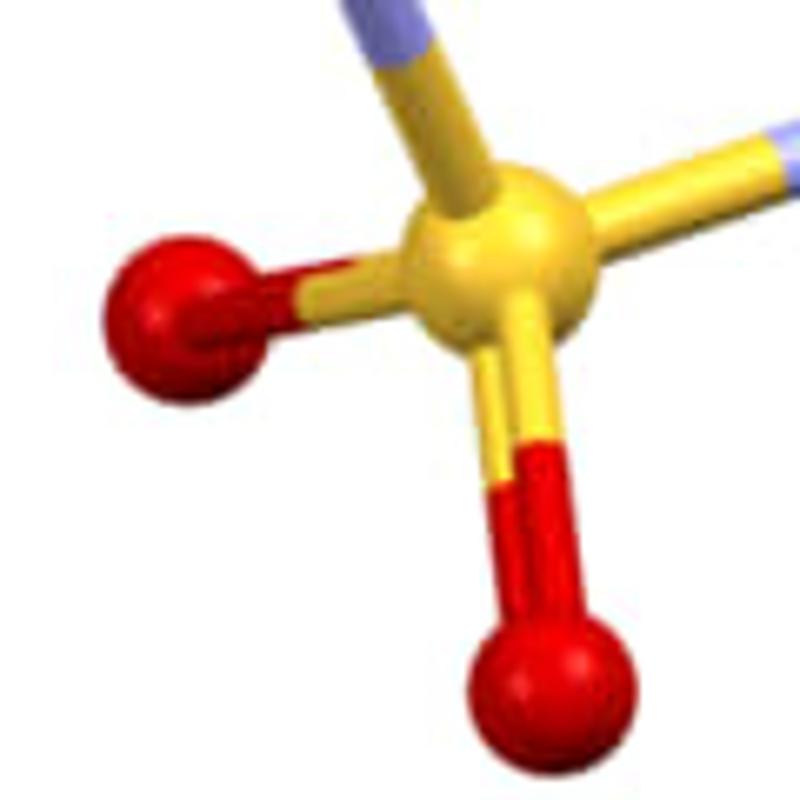-
Categories
-
Pharmaceutical Intermediates
-
Active Pharmaceutical Ingredients
-
Food Additives
- Industrial Coatings
- Agrochemicals
- Dyes and Pigments
- Surfactant
- Flavors and Fragrances
- Chemical Reagents
- Catalyst and Auxiliary
- Natural Products
- Inorganic Chemistry
-
Organic Chemistry
-
Biochemical Engineering
- Analytical Chemistry
-
Cosmetic Ingredient
- Water Treatment Chemical
-
Pharmaceutical Intermediates
Promotion
ECHEMI Mall
Wholesale
Weekly Price
Exhibition
News
-
Trade Service
Click on the blue words above to follow us
According to a new study, functional screening of the human gut microbiota revealed that a family
of small genotoxins called indoimine exists in patients with inflammatory bowel disease (IBD).
According to the findings, these genotoxic metabolites may play a role in the development of colorectal cancer (CRC), which is the second leading cause of cancer death worldwide.
Patients with inflammatory bowel disease are at increased
risk of colorectal cancer.
Previous research suggests that microbiome-derived genotoxic metabolites, which can damage DNA or cause DNA mutations, may play a key role
in driving the pathogenesis of colorectal cancer.
However, the full scope of genotoxic chemicals produced by gut commensal microbes remains unclear
.
To better understand these molecules, Yiyun Cao and colleagues developed a functional screening that systematically assesses the genotoxicity
of large numbers of innate microbiota in patients with inflammatory bowel disease.
Cao et al.
report that they have discovered a previously unknown family of DNA-damaging genotoxic microbial metabolites (which they call indoleimine), which are produced by the colorectal cancer-associated gut microorganism Morganella morganii.
The authors demonstrated that in a mouse model of colon cancer, Morganella morganii exacerbated tumor growth
.
However, a mutant strain of the bacterium that does not produce indoimine lacks this observed genotoxicity, and it does not affect tumor formation
.
According to Cao et al.
, these findings highlight the multiple effects
of small molecule metabolites from the microbiome on host biology and disease.
Jens Puschhof and Cynthia Sears write in a related Perspective article: "The study by Cao et al.
reveals the ability of the human colon microbiota, which is already highly correlated with the pathogenesis of colorectal cancer, to produce a wide range of previously unthought genotoxins
that may induce colon disease.
" "
Welcome to the official scientific account
Click "Read Original" below to access the original English article
Light up your likes for this issue of Science






